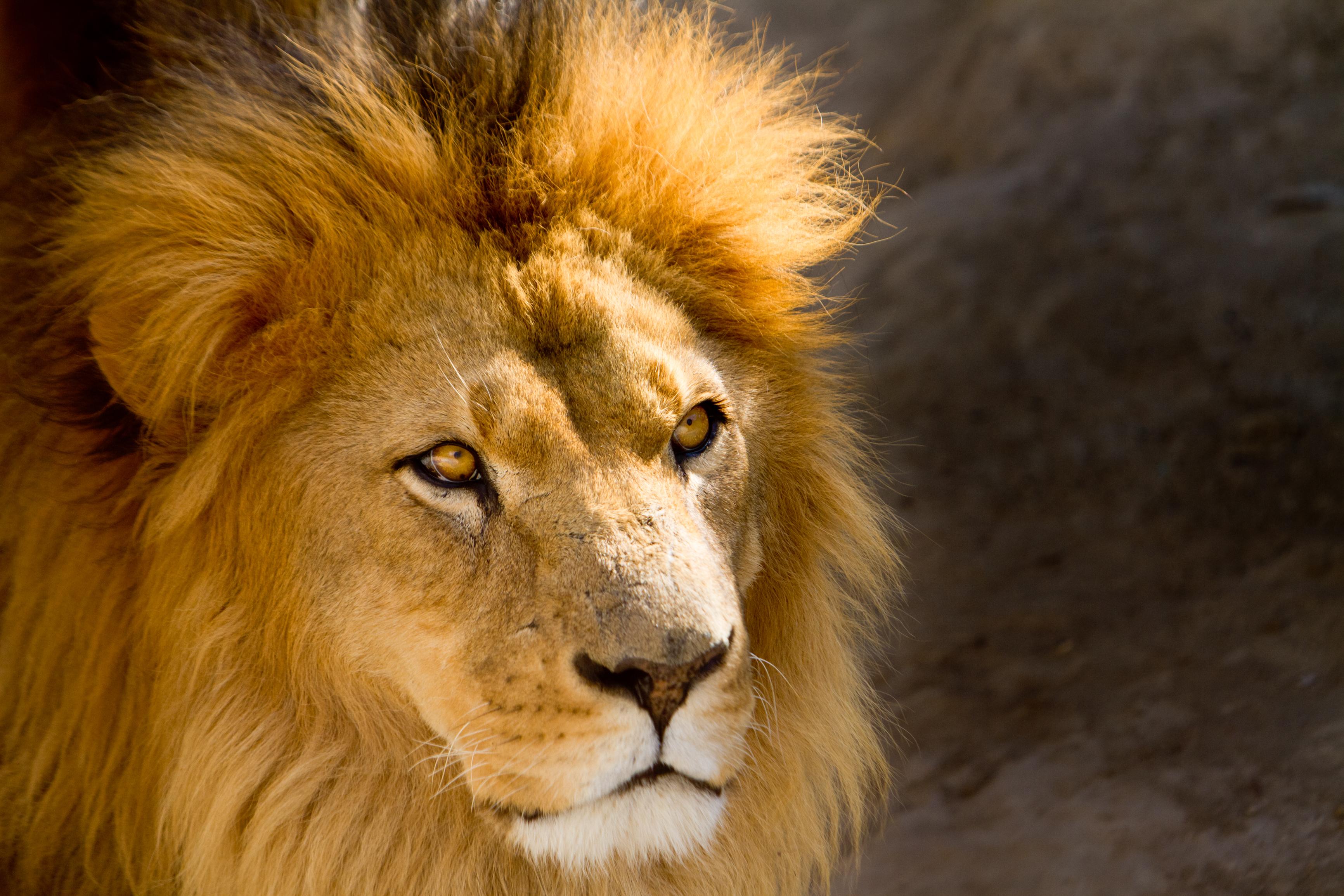Surprising Science
All Stories
The government should immediately increase the national gasoline tax, say a team of MIT scientists who want the nation to cut back on its use of petroleum-based fuel for driving.
A capsule containing two complimentary enzymes measuring just 10 nanometers thick could be a vessel for new vaccines and a powerful cure for hangovers, say UCLA researchers.
Using yeast cells, biochemical engineers at MIT have found a way to boost the production of isobutanol, a chemical which has long been considered a possible alternative to gasoline fuel.
Scientists at Cornell University have used a 3-D printer to construct an artificial human ear which, when used to replace a damaged ear, looks and functions nearly identically to the original.
Researchers at Duke University have enabled rats to feel infrared light by implanting special sensors into the brain, allowing the rodents to “touch” extra-sensory information invisible to their eye.
In the US, it may not be in gasoline or paint anymore, but it’s still present in the environment and is increasingly being attributed to a wide range of health issues.
U.S. presidents aren’t often asked to explain their governing visions in terms of political philosophy. References to the Founding Fathers (Hamilton, Madison, Jefferson, Washington et al.) are ubiquitous and safe, […]
Kepler 37-B is about the size of our moon, yet is a little too close to its parent star for human comfort.
The park is only the fifth place in the world to receive the honor from the International Dark Sky Association, which is “the only non-profit organization fighting to preserve the night,” according to its Web site.
In Taiwan, millions use the Easycard for everything from riding a bus to opening a door to buying a snack. Other countries are considering adopting the technology, which comes with both pros and cons.
The study, which involved anonymous tracking of commuters in urban areas, is the first to use data from phones rather than from surveys or census records.
A report from a professional organization representing almost all of Britain’s doctors says drastic measures must be taken to stem a rising tide of obesity.
Conducted by Carnegie Mellon University, a new scientific study has found that people make better decisions about buying new cars after they have been distracted by an unrelated task.
Once thought to be determined by the biology of the ear, music appreciation is more a matter of training, say researchers. Each musical genre plays by its own set of internal rules.
A team of German and Swiss researchers have created a new tool that helps control when neurons in the brain fire, improving on a groundbreaking procedure called optogenetics.
By switching off specific neurons in the brains of mice, neuroscientists have learned how to control the protein that is responsible for how animals experience the sensation of cold.
A restaurant near the city of Sapporo has implemented a new policy of charging customers who do not eat all their dinner, highlighting the need to cultivate a positive relationship with food.
While the device does not allow the blind to see in a conventional sense, contrast between light and dark allows them to identify the outlines and boundaries of essential everyday objects.
By modifying a genetic toggle switch, synthetic biologists at MIT have found a way to perform logic functions inside of living cells. The technique could be used to regulate drug production.
We know very little for certain about how TV or iphones affect people at any age, for better or worse. But there’s reason to be skeptical about new products designed to make us and our children smarter.
Psychological Science in the Public Interest evaluated ten techniques for improving learning, ranging from mnemonics to highlighting and came to some surprising conclusions.
Scientists at Stanford University have created a tiny probe that emits light when inserted into a living cell without damaging or disrupting the cell or its functions.
Later this month, a filmmaker will screen a movie for which sensors on selected audience members will determine which scenes will appear on screen.
Scientists at King’s College London have developed a method that delivers vaccines through the skin using a dissolvable microneedle array.
Developed by a Spanish team, it combines conventional GPS with additional sensors. The increased accuracy makes it ideal for driverless cars of the future.
Some good news for once: The European Science Agency reports that the hole is now smaller than it’s been at any time in the last decade.
The most common stars in our galaxy were too small to be seen until recently. A new study suggests that there’s a good chance that they support Earth-like planets.
Developers have created software that helps users — specifically, crowdsourced workers — locate and mark challenges for those with limited mobility, and generates a report to send to the appropriate local agency.
The computational theory of the mind, which has come to dominate academic and popular circles, is increasingly inadequate to explain human behavior given what we know about animals.
Just before Valentine’s Day, Notre Dame researchers have looked more closely at what makes relationships tick. Similarities between partners remains the strongest force in selection.





























